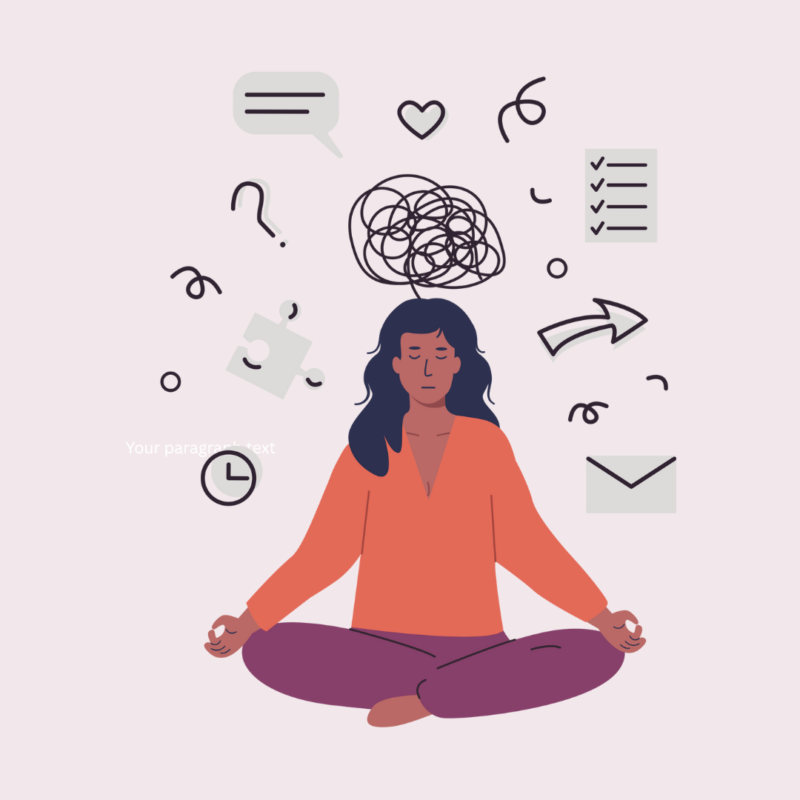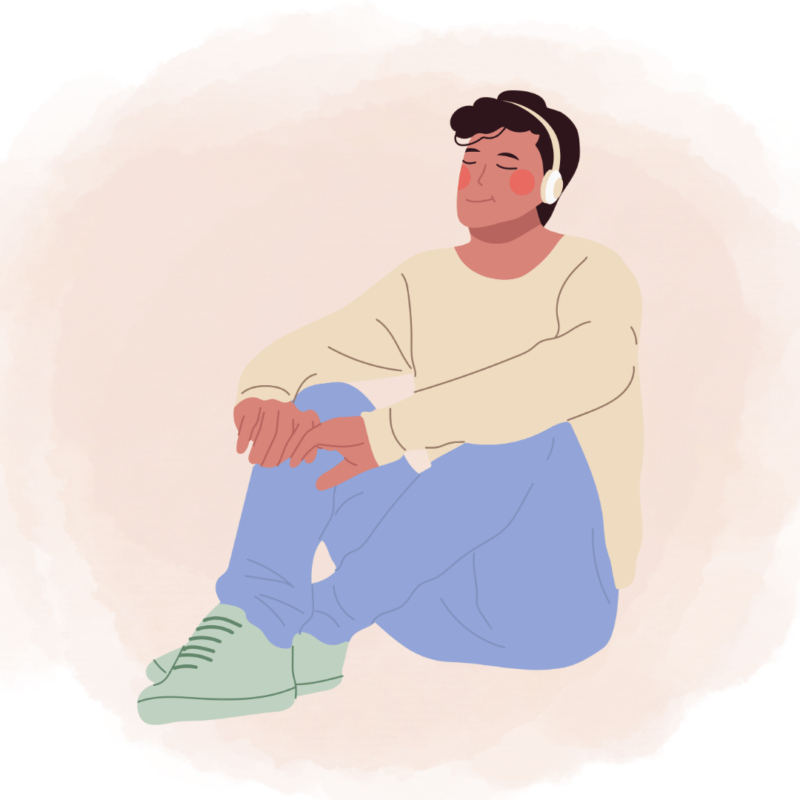Understanding neurodiversity
Neurodiversity reflects the natural variation in how human brains are wired. Differences like ADHD, autism, dyslexia and others are simply part of the broad spectrum of how people think, learn, feel and experience the world. These ways of being aren’t deficits to fix, but unique perspectives to understand, support and value, which is why a personalised approach to mental health, education and therapy is essential.




